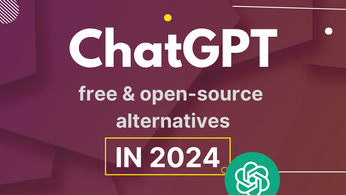Learn Git

Tags And Sub-modules - Git Series Part 6 Paid Members Public
This is the final guide in the Git series. Here, we will be covering two more major features that Git has to offer: tags and sub-modules. If you have been following the previous guides, and other materials, you should have a clearer understanding of what Git is, what it does,
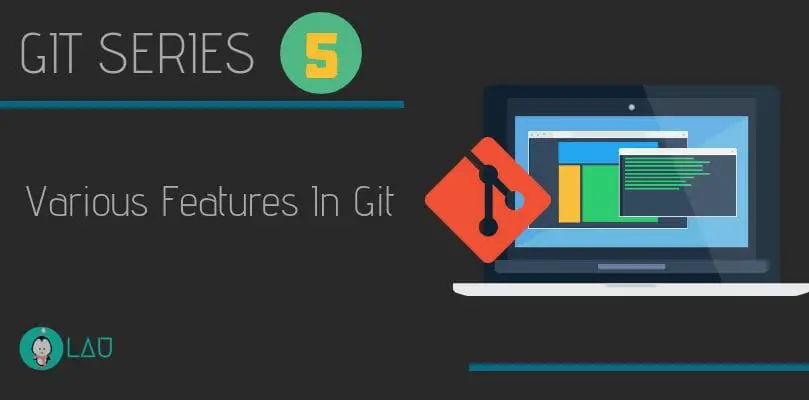
Various Features In Git - Git Series Part 5 Paid Members Public
Now that we have seen how you can use a GUI or IDE to interact with a repository, let’s look at the many features that git offers to make life easier. I will demonstrate how to amend the previous commit message, how to see what files were changed in
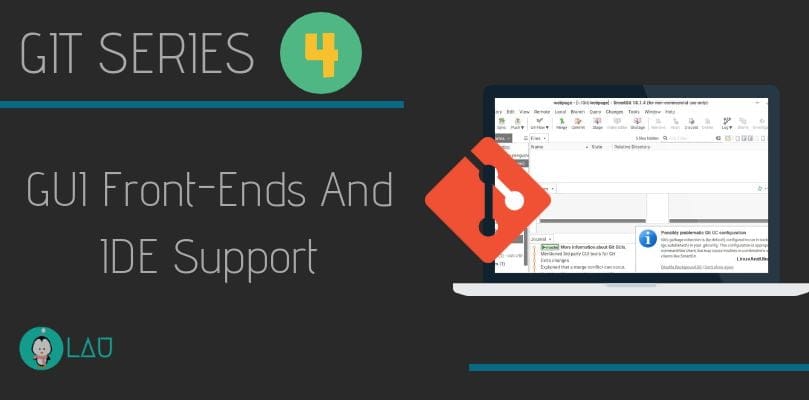
Git GUI Front-Ends And IDE Support - Git Series Part 4 Paid Members Public
Developers have created third-party software (free or otherwise) that gives users a GUI to use for interacting with a repository. Here is an overview of a few programs that you can use. This is so you can have an idea of what you can expect from a GUI git client.
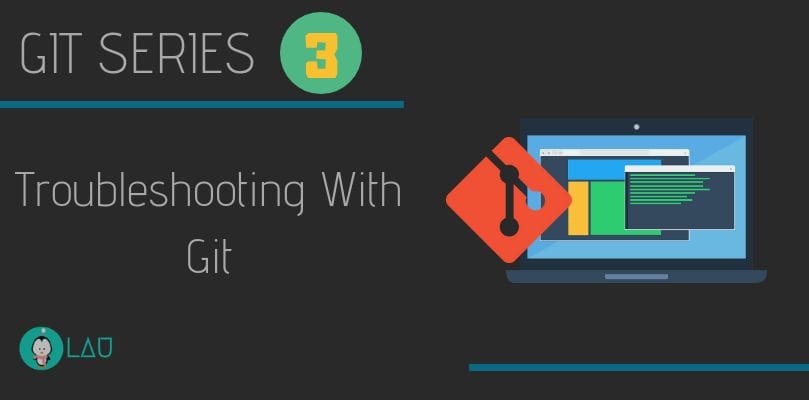
Troubleshooting With Git - Git Series Part 3 Paid Members Public
From time to time, you will encounter problems while using Git. The most common of these is a merge conflict. Fortunately, git will provide solutions to many problems for you. Sometimes, though, there are certain problems that do require the assistance of more experienced people. Most of these problems that
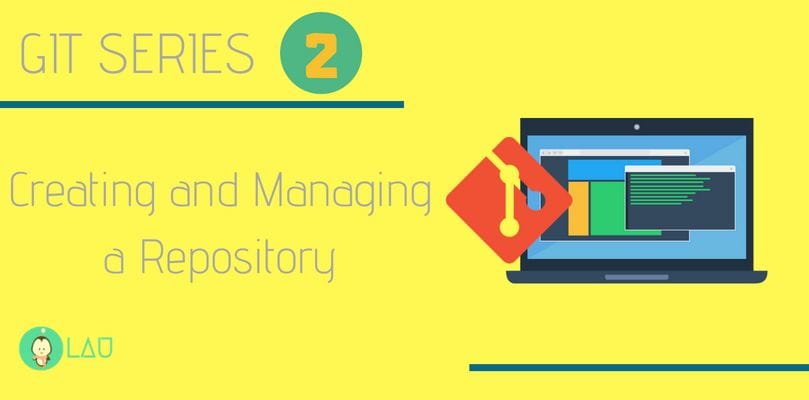
Creating And Managing Git Repository - Git Series Part 2 Paid Members Public
Continuing from the previous guide, I will demonstrate how to create a repository and manage it, apply changes to it, make certain files and folders exempt from tracking, and how to handle remote servers. In this guide, I will show you an example of such actions being performed by creating
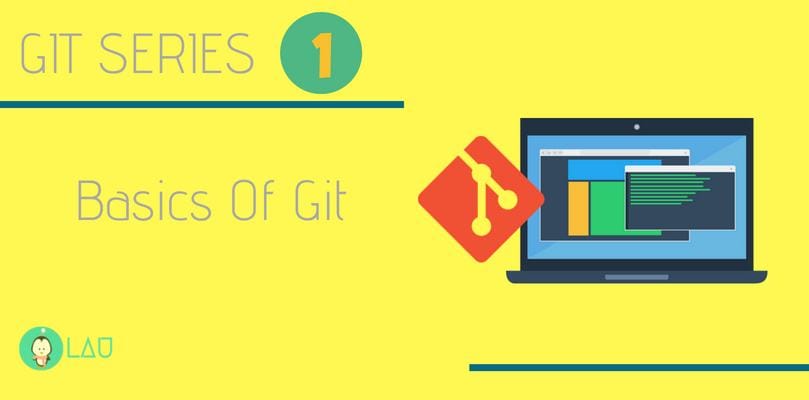
Git Basics - Git Series Part 1 Paid Members Public
This series will explain the purpose of git, how to clone GitHub repository, GitLab repository, or otherwise. How to view the changelog and how to revert to an older version of the repository, add and remove files, commit changes, update remote repositories, fetch the most recent versions of repo, and

